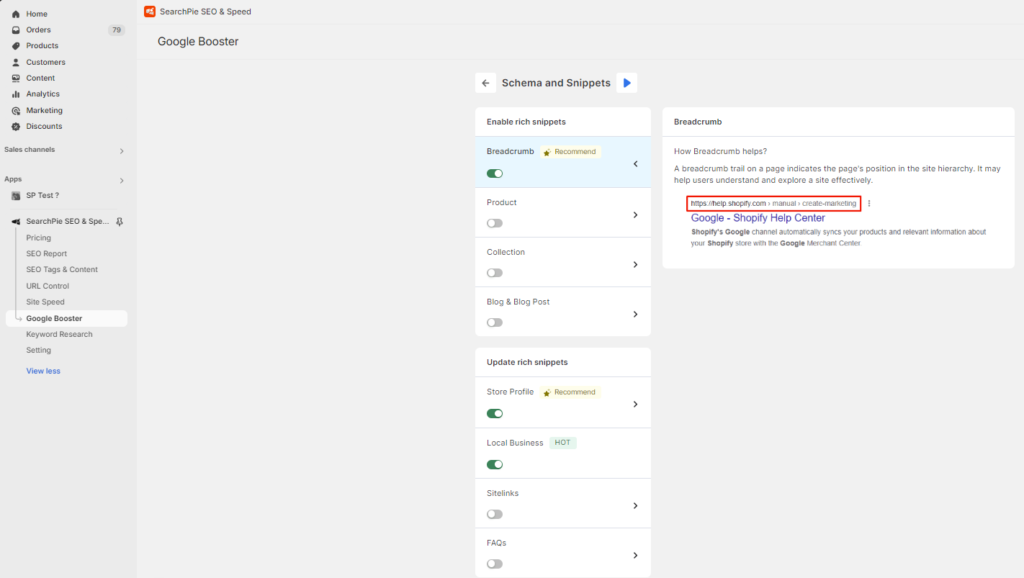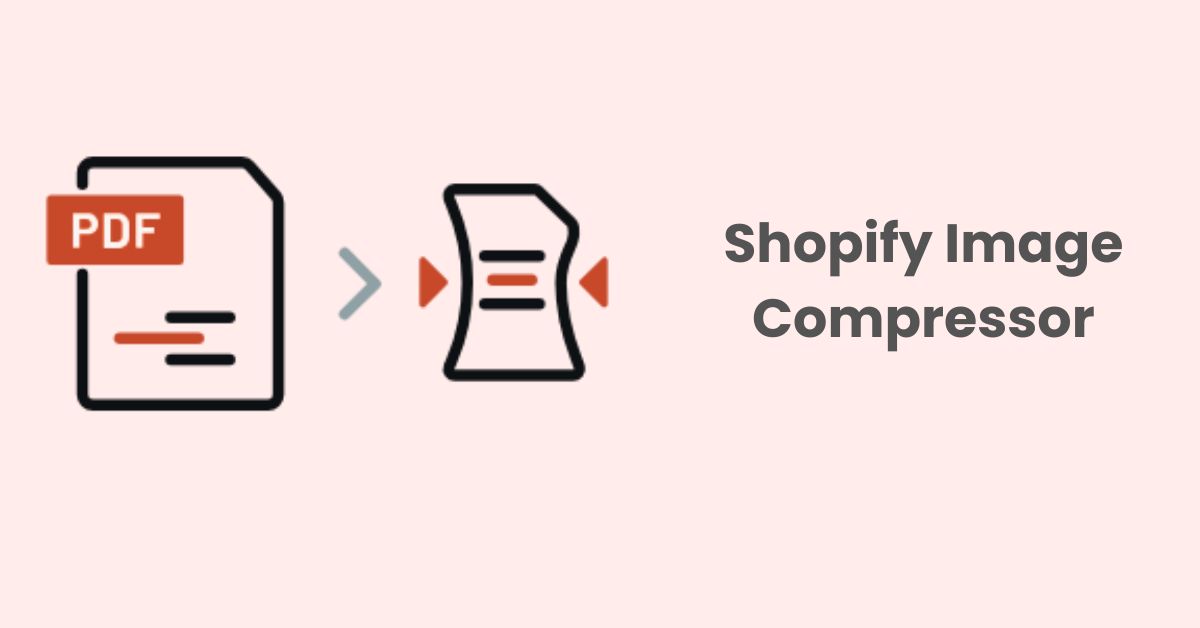Mastering Shopify Schema & Snippets: Unlocking the Power of JSON-LD for Enhanced SEO
In the digital age, eCommerce is a booming industry, and businesses are constantly looking for ways to stand out in the crowded online marketplace. One often overlooked yet powerful tool for improving search engine optimization (SEO) is JSON-LD. In this article, we will explore what JSON-LD is, discuss its benefits for Shopify SEO, delve into different types of schema and snippets for eCommerce, and provide a guide on how to add JSON-LD to your Shopify online store.
What is JSON-LD?
JSON-LD, which stands for JavaScript Object Notation for Linked Data, is a lightweight data-interchange format that is easy for humans to read and write, and easy for machines to parse and generate. In the context of eCommerce and SEO, JSON-LD is primarily used to provide structured data to search engines, helping them better understand the content of your web pages. This structured data is often referred to as schema markup, and it can significantly improve how search engines interpret your website’s content.
JSON-LD is unique among the various schema markup formats as it is embedded directly within the HTML of a web page. This approach offers several advantages, including improved readability and compatibility with various content management systems (CMS), making it a popular choice for enhancing SEO in eCommerce.

Benefits of Using JSON-LD in Shopify SEO
- Improved Visibility in Search Results: Implementing JSON-LD schema markup on your Shopify online store can lead to more informative and eye-catching search engine results. Moreover, rich snippets, which include additional information like product prices, reviews, and availability, make your listings more appealing to users.
- Enhanced User Experience: Structured data helps search engines understand the content of your pages, enabling them to deliver more relevant search results to users. In addition, it enhances the user experience by connecting customers with the products or information they are seeking.
- Increased CTR (Click-Through Rate): Rich snippets with JSON-LD can lead to a higher click-through rate. When users see additional information in search results, they are more likely to click on your site, ultimately driving more organic traffic.
- Better Ranking Potential: While structured data itself may not directly affect your search ranking, it can indirectly impact SEO by improving the user experience and increasing the chances of attracting backlinks and social media sharing.
Types of Schema & Snippets for eCommerce
When implementing JSON-LD for your Shopify online store, it’s crucial to choose the right schema markup and snippets that align with your eCommerce goals. Here are some common types of schema and snippets used in eCommerce:

Product Schema:
This is essential for showcasing individual products in your online store. It includes details such as product name, price, availability, and customer reviews.
Breadcrumb Schema:
Breadcrumb navigation schema helps search engines understand the structure of your website, making it easier for users to navigate through your store. Breadcrumbs are also helpful for indicating the page’s position in the site hierarchy.
Organization Schema:
This schema provides information about your business, such as your name, logo, and contact details. It can build trust and credibility with potential customers.
Rating and Review Schema:
Displaying user reviews and ratings on your product pages can boost trust and encourage potential buyers to make a purchase.
FAQ and Q&A Schema:
Answering common customer questions and providing structured FAQ content can improve the user experience. Furthermore, it also helps search engines display relevant answers in search results.
Article Schema:
If your eCommerce site includes a blog or content marketing section, using article schema can help search engines understand your blog posts or articles. This can result in enhanced visibility in search results and more informative listings for your articles.
Video Schema:
If your online store features product videos or video content, implementing video schema can lead to video-rich snippets in search results. This can improve the click-through rate for video content, making it a valuable addition to your eCommerce SEO strategy.
Local Business Schema:
For eCommerce businesses with physical locations, local business schema is crucial. It provides information about your store’s address, phone number, and operating hours. This schema markup can improve your visibility in local search results.
Event Schema:
If your eCommerce store hosts events, promotions, or sales, event schema can help promote these activities in search results. It provides details about the event, date, time, location, and a description.
Aggregate Rating Schema:
This schema is particularly valuable for eCommerce businesses with multiple products and customer reviews. It calculates and displays the average rating of products on category or product pages, providing an overview of customer satisfaction.
Sitelink Snippet:
Sitelink snippets are additional links that appear beneath the main search result in Google providing shortcuts to specific pages within your eCommerce website. They improve the user experience by helping customers quickly find relevant information, such as product categories or special offers.
Remember that the specific schema and snippets you should use will depend on the nature of your eCommerce business. Specifically, it’s essential to select the most relevant schema markup, including site link snippets, to enhance the visibility and user experience on your Shopify online store.
How to Add JSON-LD to Your Shopify Online Store
Adding JSON-LD to your Shopify online store is a step-by-step process that involves modifying your website’s code. Here are the basic steps to get you started:
1. Identify the Appropriate Schema:
Choose the appropriate schema markup for the content you want to enhance. This could be product schema, organization schema, or others depending on your needs.
2. Access Your Shopify Theme Code:
Log in to your Shopify admin panel and navigate to Online Store > Themes. Click “Actions” and select “Edit code” to access your theme’s code.
3. Insert JSON-LD Markup:
Within the code editor, locate the relevant HTML file for the page where you want to add JSON-LD. Insert the JSON-LD code in the appropriate section.
4. Validate Your Markup:
Use Google’s Structured Data Testing Tool to validate your JSON-LD markup. This tool ensures it’s error-free and properly recognized by search engines.
5. Test and Monitor:
After implementing JSON-LD, regularly check Google Search Console to monitor any issues and track the impact on your search performance.
Are you looking for a hassle-free way to supercharge your Shopify store’s SEO with rich schema and snippets, all without the headaches of coding? Look no further!
With the SearchPie: SEO Booster & Speed app, you can effortlessly add structured data to your website in just a few clicks. No coding expertise is required!

Enhance your product listings, create engaging snippets, and boost your eCommerce SEO effortlessly. Join the countless eCommerce businesses already reaping the benefits of SearchPie and make your Shopify store shine in search results with ease.
Conclusion
In conclusion, JSON-LD is a powerful tool that can significantly boost your Shopify store’s SEO with structured data to search engines. It leads to improved visibility, user experience, and click-through rates, ultimately driving more organic traffic to your eCommerce site.
By selecting the right schema and snippets and following best practices for implementation, you can harness the potential of JSON-LD to gain a competitive edge in the online marketplace.





